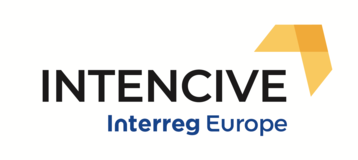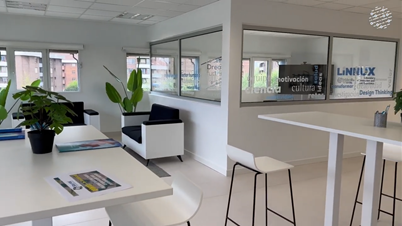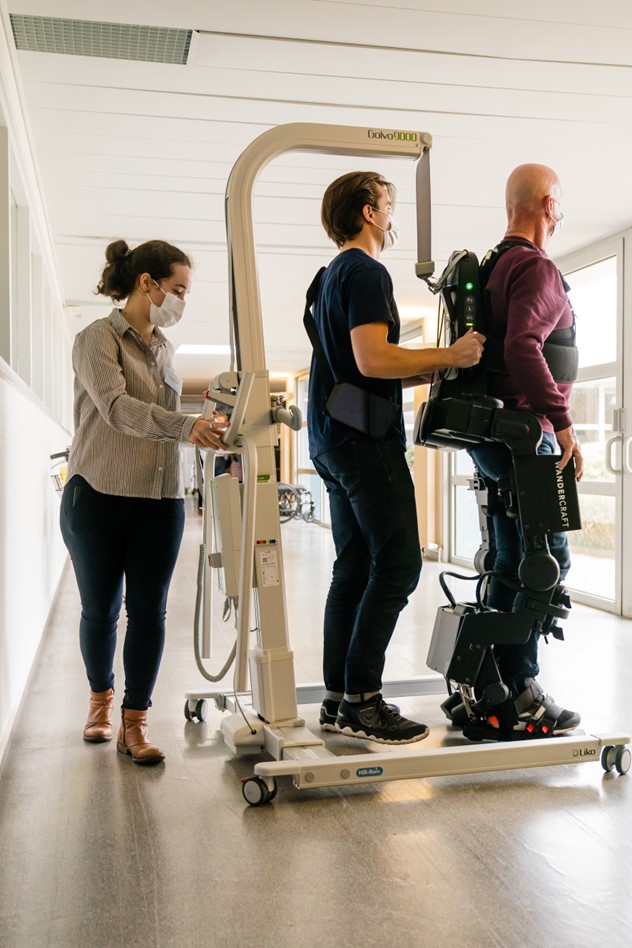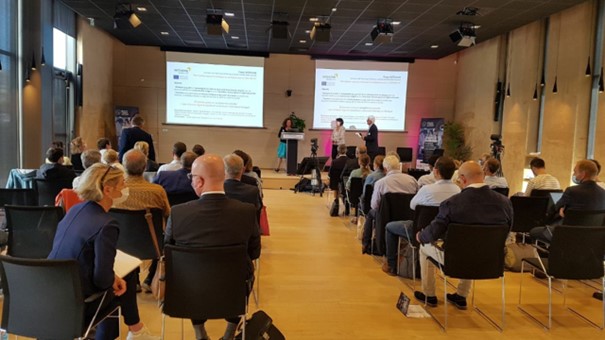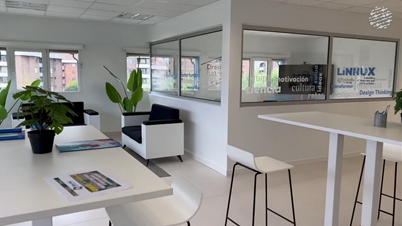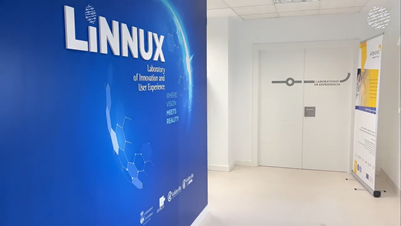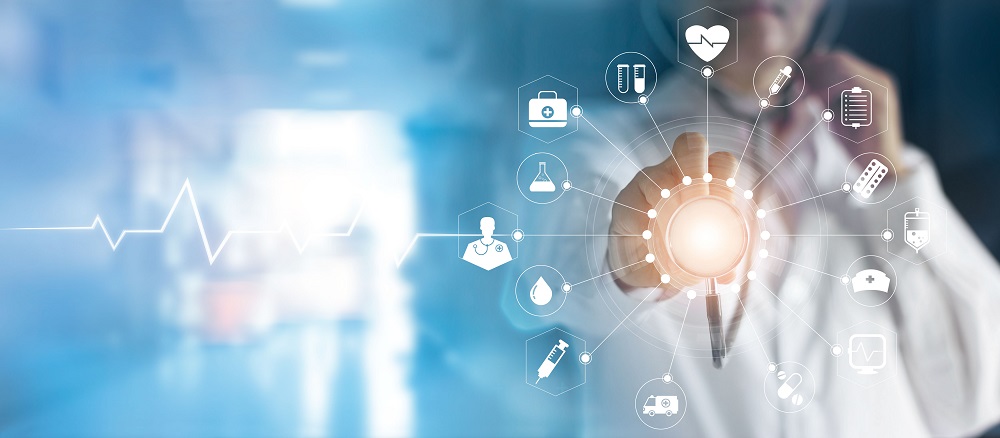Using the BIKVA process to analyse the Good Practices deemed effective in making the managers, decision makers and professionals aware of the clients’ feedback. During the discussions, several valid suggestions
on how the Good Practice could be enhanced were discussed. As a result of this process, more information was shared on each Good Practice.
The shortlisting took into consideration any feedback on the Good Practices, giving importance to the ease with which these could be
adapted by the other project partners. The following five (5) Good Practices were shortlisted:
1. myGozo mobile application – Care for the Elderly section
2. Personal health portal (myHealth)
3. Collection of free medications from local pharmacies in rural areas (POYC)
4. Using technology for the well-being of elderly with special needs
5. Pervasive Electronic Monitoring (PEM) research
The myGozo mobile application – Care for the Elderly section was shortlisted. It is dedicated to citizens living on the rural island of Gozo. A section dedicated to the Elderly is available. Through this section, citizens can apply for a range of elderly services offered by
the Government. Services cover assistance at home to health services, such as Home help service, handyman services, hair dressing, telephone rent rebate, Physiotherapy and Occupational therapy. This allows citizens
to apply for services from the comfort of their home. Both the Government and citizen are benefiting from mobile app. The citizen is being provided a service 24 hours a day, 7 days a week from the comfort of their
home. On the other hand, the Government does not need to provide the services from the office.
The Personal health portal (myHealth) was also shortlisted. The myHealth Portal allows citizens and private medical doctors to access and view parts of their medical records maintained in the Maltese public healthcare system.
The Collection of free medications from local pharmacies in rural areas (POYC) was also shortlisted. The Pharmacy of Your Choice (POYC) repository captures entitlement, prescription and dispensing data for patients with chronic conditions.
Using technology for the well-being of elderly with special needs was also shortlisted. Usage of educational tablets in public day‐care centres, customized according to the individual likes of the elderly and the set up of computer laboratory equipped for special needs e.g. touchscreens, in public day‐
care centre.
Pervasive Electronic Monitoring (PEM) research was also shortlisted. Investigates how quality of life technology can improve the way formal carers monitor People with Dementia (PwD) and complement caregives’ knowledge. Learning is done through research, organizing several focus
groups, controlled experiments and developing prototypes. By using an ageing simulation suit and wearable devices participants are allowed to experience both technology and what it feels to be old and with dementia.
Build a large dataset that will allow researchers to improve the way we recognise human activities of PwD and learn about technology.
